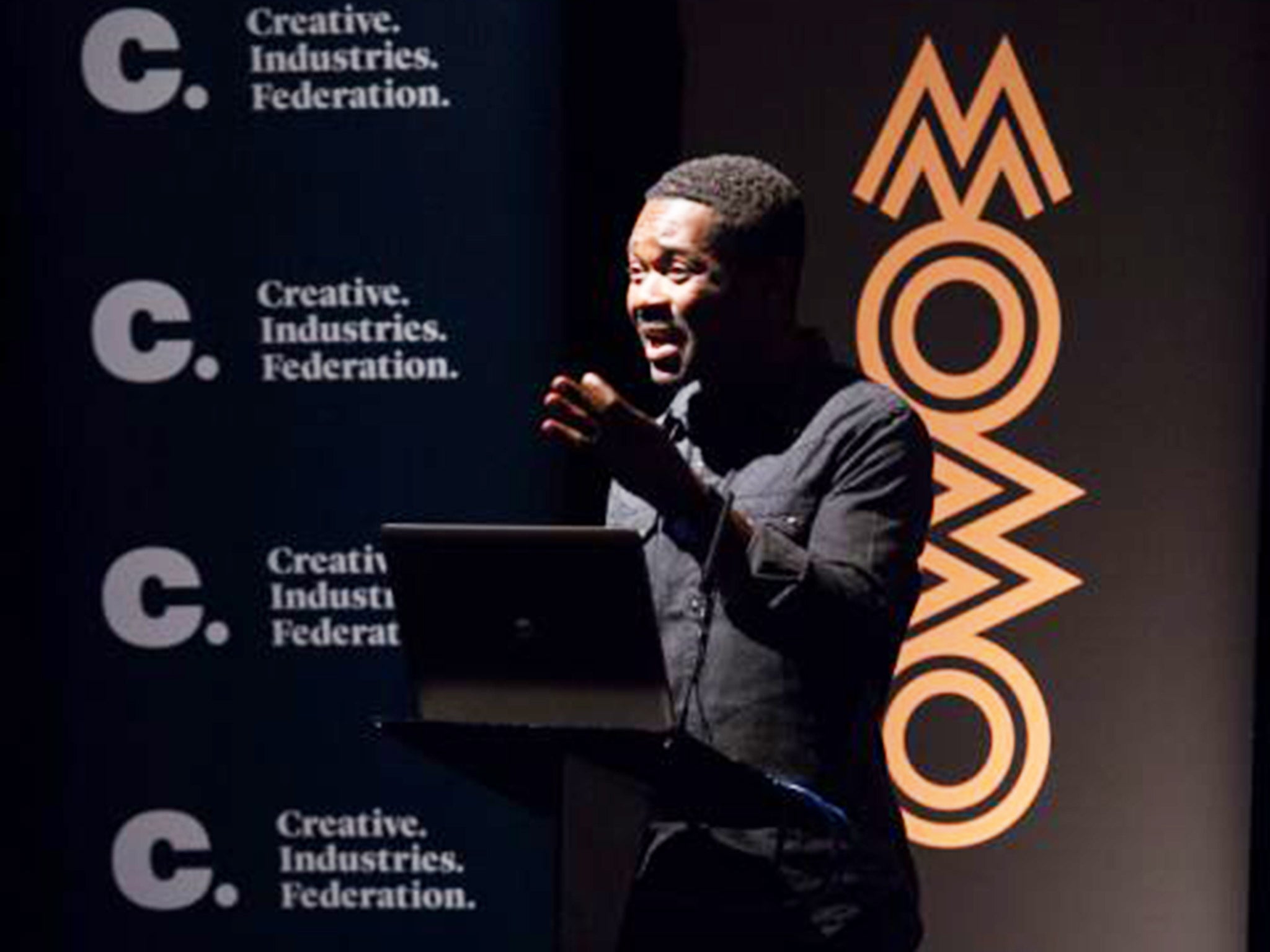David Oyelowo: I was 'pushed out of the UK' by lack of opportunities for non-white actors
- Selma star says he has had to work four times as hard as his friend Benedict Cumberbatch
- Lamda-trained actor believes prospects are even worse now than when he left in 2007

Your support helps us to tell the story
From reproductive rights to climate change to Big Tech, The Independent is on the ground when the story is developing. Whether it's investigating the financials of Elon Musk's pro-Trump PAC or producing our latest documentary, 'The A Word', which shines a light on the American women fighting for reproductive rights, we know how important it is to parse out the facts from the messaging.
At such a critical moment in US history, we need reporters on the ground. Your donation allows us to keep sending journalists to speak to both sides of the story.
The Independent is trusted by Americans across the entire political spectrum. And unlike many other quality news outlets, we choose not to lock Americans out of our reporting and analysis with paywalls. We believe quality journalism should be available to everyone, paid for by those who can afford it.
Your support makes all the difference.The British actor David Oyelowo, whose role as Martin Luther King Jr in Selma earned him a Golden Globe nomination, has that he was “pushed out of the UK” through lack of opportunities for non-white actors.
The 39-year-old from Oxford said prospects for black, Asian and minority- ethnic actors in Britain have declined even further since he left for America in 2007. He went on to accuse the UK creative industries of failing to nurture talent from non-white backgrounds.
I felt pushed out of the UK because of the glass ceiling that I could feel my head bobbing against
Speaking at the launch of a report into diversity in the UK’s creative industries, Oyelowo, who starred in the TV series Spooks before he left for Hollywood, said: “I know those opportunities are not on offer here.”
“I felt pushed out of the UK because of the glass ceiling that I could feel my head bobbing against.”
He warned: “Every year, I have a raft of black and Asian actors coming through my home who are not only frustrated and [feel] pushed out, they are desperate. Things are worse now than they were when I was doing Spooks [from 2002 to 2004].”
As a black actor, Oyelowo said he had to work four times as hard as his friend Benedict Cumberbatch to get to a similar position.
The Lamda-trained actor, whose films include The Last King of Scotland, The Help, Jack Reacher and A Most Violent Year, said offers only came from Britain after he had made it in the US. “I thought: ‘Wow, I have to leave and have success elsewhere in order for what I had by way of ability to be validated’,” he said, before pointing to other black British actors who had similar experiences, including Idris Elba, Chiwetel Ejiofor, David Harewood and Lenny James.
“The big question is: who is curating the culture?” he said at the launch of the Creative Diversity report by the Creative Industries Federation (CIF) and backed by Mobo, which has promoted diversity in music for 20 years. “Predominantly, it is white, middle-class men.”
Oyelowo called for an overhaul at the top. “What we have to do is change the demographic, change the landscape, change the faces, the genders, the people who are in those positions of power to green-light projects.”

The CIF said in the report that just 11 per cent working in the culture industries was black, Asian or minority-ethnic, and said the proportion should be “much higher”.
Kanya King, chief executive of Mobo, said across the country it should be 17.8 per cent. She hopes London, where the non-white population is 40 per cent, can lead the way, hitting that target in five years that would start a “ripple effect” across the country.
Eliza Easton, policy and research manager at CIF who pulled the report together, pointed to statistics that showed there was a hard business case for diversity.
The McKinsey consultancy found in its paper Diversity Matters that firms in the “top quartile” for racial and ethnic diversity were 35 per cent more likely to have better financial returns than the national industry median. Those with the best gender diversity were 15 per cent more likely to do so.
This comes despite the news that the percentage of women in the creative industries dropped from 37.1 per cent in 2013 to 36.7 per cent last year. In the wider UK workforce, women hold 47.2 per cent of the jobs.
Oyelowo hopes that wholesale changes can happen in the industry after a recent industry event left him down-hearted after an actress’s first question was about how she could get to the US.
“It just killed me,” he said.
Join our commenting forum
Join thought-provoking conversations, follow other Independent readers and see their replies
Comments